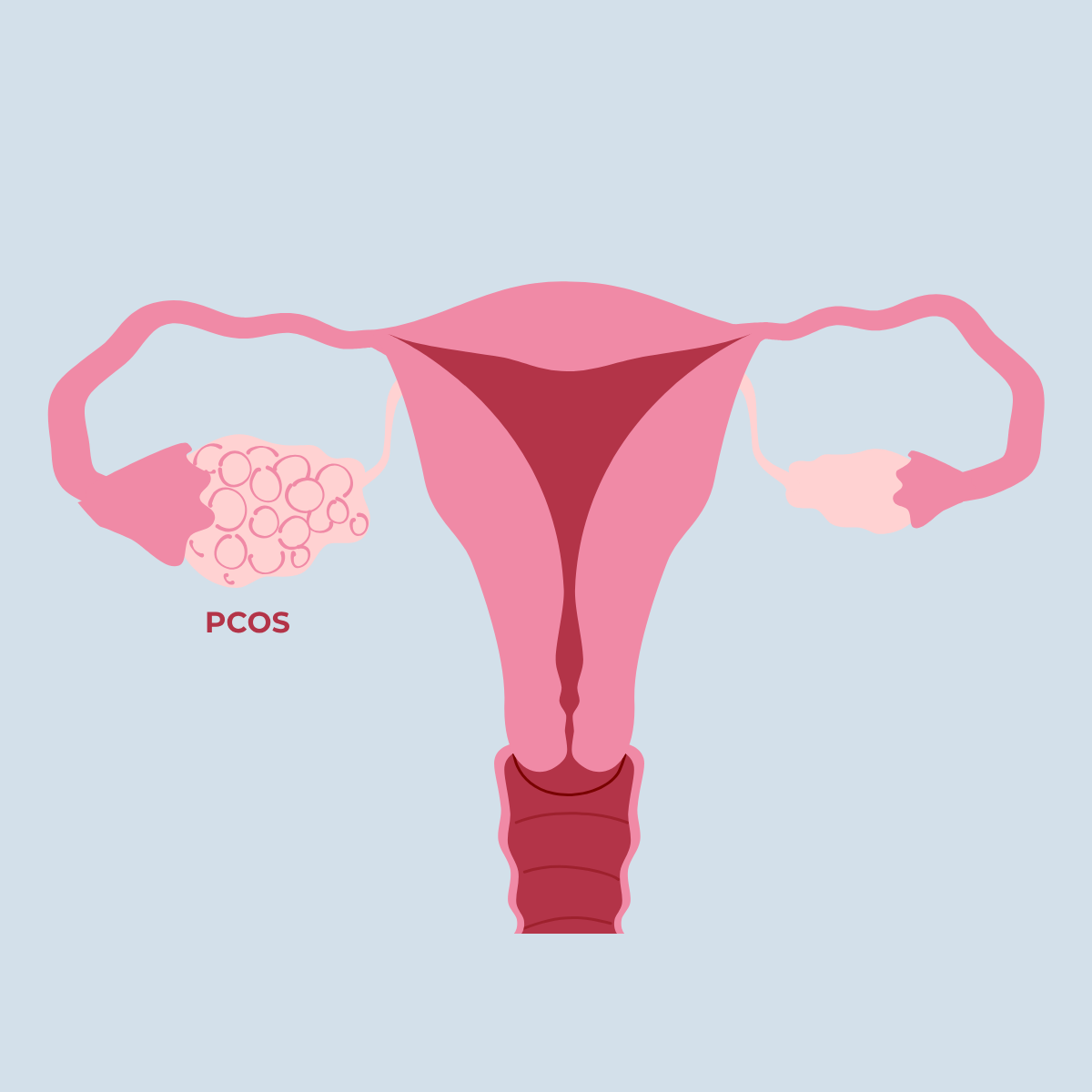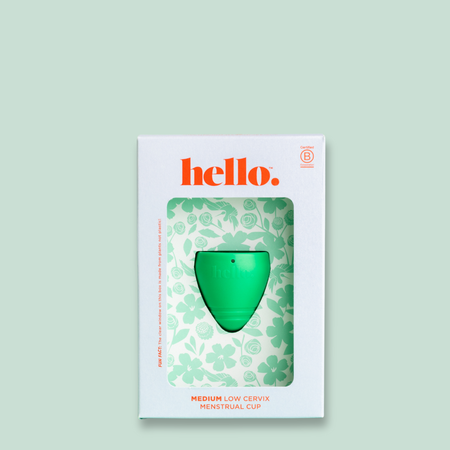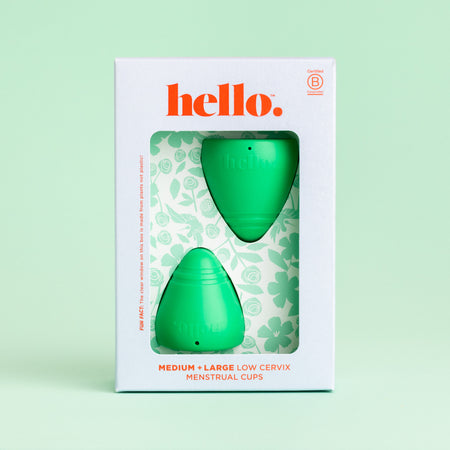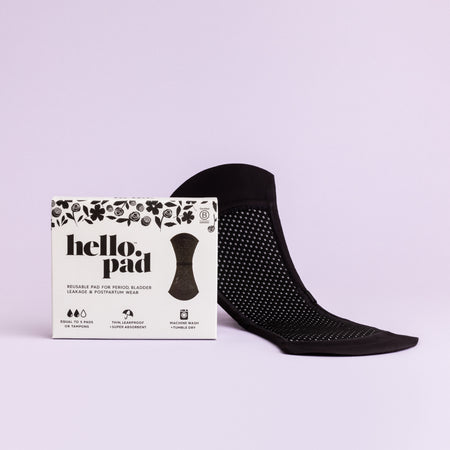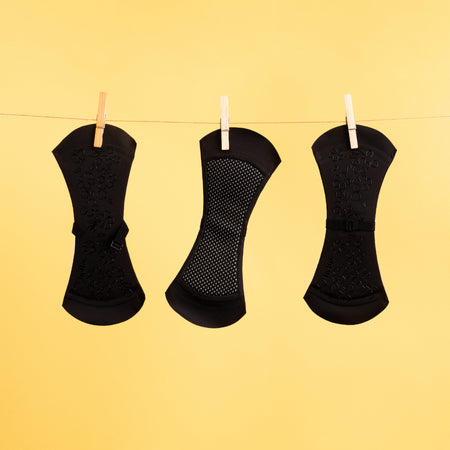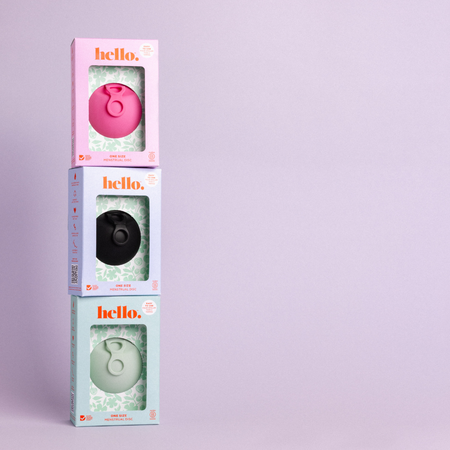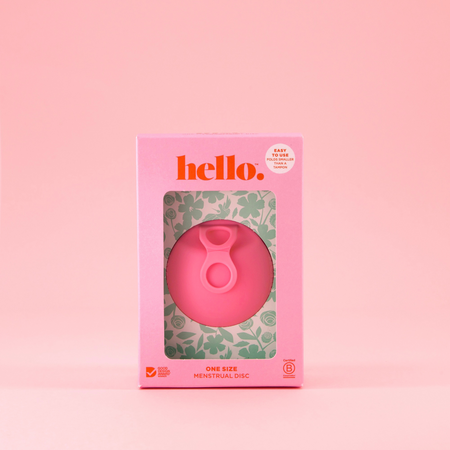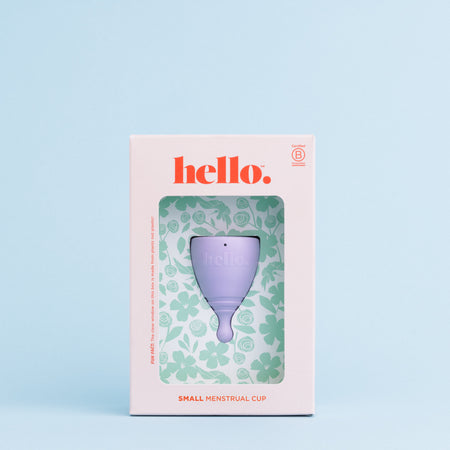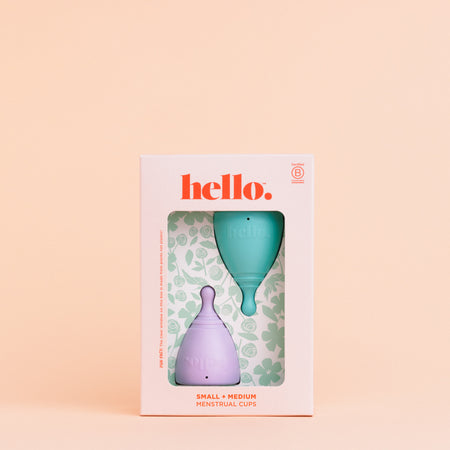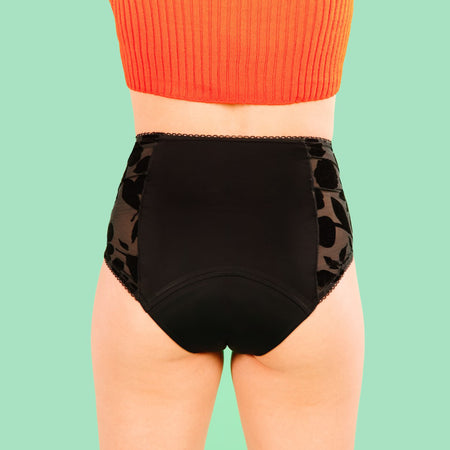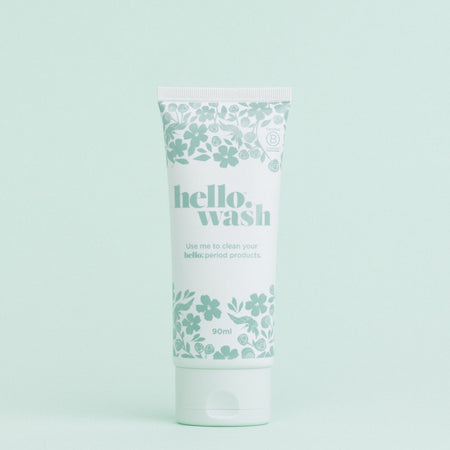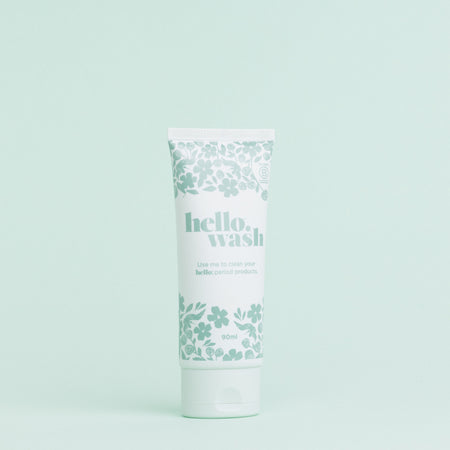A study released this week by Berkeley University has sent shockwaves around the world after the researchers revealed they’ve found numerous metals in all 14 tampon brands they tested - metals including lead and arsenic.
In an ideal world, there'd be no metals in tampons, but it’s not necessarily a cause for widespread panic.
The word ‘chemicals’ gets a bad rap and creates fear but let’s not forget we are all made from chemicals - water is a chemical.
That said, it's also important not to underplay what the study revealed.
The researchers tested for 16 metals. They found all 16 metals in each of the 18 products they tested - including the organic tampons.
Their study, published last week in the scientific journal Environment International, is believed to be the first study to specifically measure metals in tampons, including organic tampons.
We like to assume that ‘organic’ means free of anything that is potentially harmful so the fact that organic tampons have also been found to contain metals has added an additional layer of concern and shock to the findings.
So how did metals get into the organic tampons?
Soil contamination: Organic cotton is grown without synthetic pesticides and fertilisers, it relies heavily on the quality of the soil. Contaminated soil can introduce metals into the cotton plants.
Manufacturing Equipment: The processing and manufacturing of tampons involve various types of machinery. If these machines are made from or contain metals, they could potentially contaminate the cotton during production.
Packaging and Storage: The materials used for packaging and storing tampons could also introduce metals if they are not adequately monitored.
The negative health effects of heavy metals are well-documented and wide-ranging, including damaging the cardiovascular, nervous and endocrine systems; damaging the liver, kidneys and brain; increasing the risk of dementia and cancer and harming maternal health and foetal development.
“Despite this large potential for public health concern, very little research has been done to measure chemicals in tampons,” lead author Jenni Shearston, a postdoctoral scholar at the UC Berkeley School of Public Health, said in a statement.
What is important to note is the levels of the metals found are low, but the vaginal skin is thin and absorbent - we need to know more about the impact of these metals and that wasn’t something the researchers in this study looked at.
While not wanting to diminish the findings, it’s also important to note that metals can also be found in fruits and vegetables and even in water.
US based gynaecologist Dr. Nathaniel DeNicola, says the more pressing question is not whether there are chemicals in tampons, but “when does it convert to a dangerous amount?”
Some of the metals found in the tampons — including copper, calcium, iron and zinc — are not only considered safe, but recommended for patients by many doctors, he said. They would not be damaging in low amounts, but a cumulative amount could have a lasting effect on a person’s endocrine functions.
Trace amounts of arsenic, for example, are sometimes found in food and not considered to be toxic, but high amounts could be fatal. In contrast, as the study notes “there is no safe exposure level” to lead.
It’s not clear from the study whether people are getting harmful amounts of each metal from tampons, DeNicola said.
“When you start to look at the kind of chemicals that are found in our human system, the reality is that in modern life, we're kind of swimming in them,” he adds. “And it's not to say that it's nothing we should worry about. I mean, I don't think most people hear that and think, ‘Oh, good, I've got more plastic in me.’ But we do have to recognize that small amounts of these chemicals are ubiquitous.”
In the U.S, the Food and Drug Administration (FDA) classifies tampons as medical devices and regulates their safety. However, there is no requirement to test tampons for chemical contaminants, and the FDA only recommends that tampons not contain pesticide residue or dioxin.
People with periods deserve to know what is in their products.
Hello Period was founded in 2017 by best friends Robyn McLean and Mary Bond because they wanted better alternatives to tampons and pads for their daughters.
What do we recommend for those concerned about the study?
Read, research and advocate. Look for brands that are transparent about their ingredients and manufacturing processes.
You could also consider switching to tampon alternatives such as menstrual cups or menstrual discs. The Hello Disc is the top-rated menstrual disc on Google Reviews and the Hello Cup was named ‘Best Menstrual Cup’ by Cosmopolitan.
Is there any good news as a result of the study?
Yes, we think so. Because it’s gone viral, the study has ignited a conversation that, in our opinion, is long overdue. It’s likely there will be more research into period products and menstrual health in general going forward and that’s a good thing because it’s an area that’s been hugely underserved - to put it mildly.
Stay informed, stay safe, and let's advocate for a healthier future for all people with periods.


